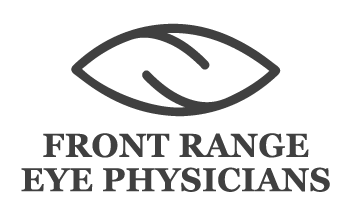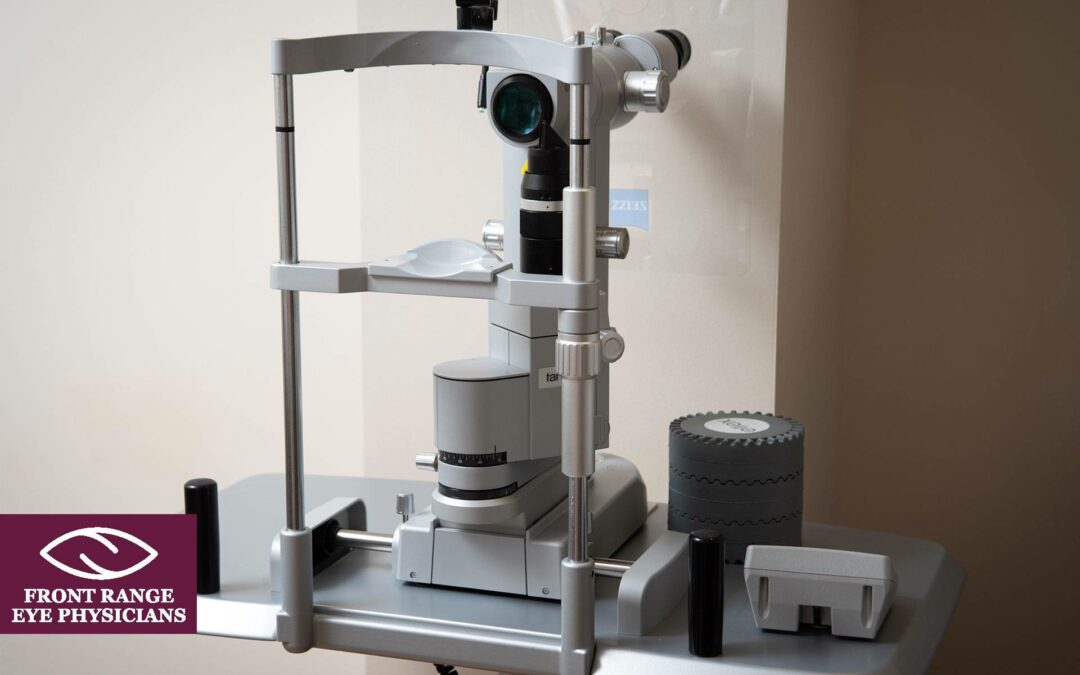As everyone grows older, the lenses of their eyes thicken and become cloudier. Eventually, they may find it more difficult to read street signs. Colors may seem dull. These symptoms may signal cataracts, which affect about 70 percent of people by age 75. Fortunately, cataracts can be corrected with surgery. Ophthalmologists specialize in medical and surgical eye care to restore vision to those patients.
- Though most everyone will develop cataracts with age, studies show that lifestyle and behavior can influence when and how severely you develop cataracts. Diabetes, extensive exposure to sunlight, smoking, obesity, high blood pressure and certain ethnicities have all been linked to increased risk of cataracts. Eye injuries, prior eye surgery and long-term use of steroid medication can also result in cataracts.
- Cataracts cannot be prevented, but you can lower your risk. Wearing U-V blocking sunglasses and brimmed hats when outside can help. Several studies suggest that eating more vitamin C-rich foods may delay how fast cataracts form.
- During the procedure, the natural clouded lens is replaced with an artificial lens, which should improve your vision significantly. Studies have shown that cataract surgery can improve quality of life and reduce the risk of falling. If cataracts are interfering with your ability to see well, consider asking your ophthalmologist about cataract surgery.
For more tips and information, visit www.eyesmart.org.

